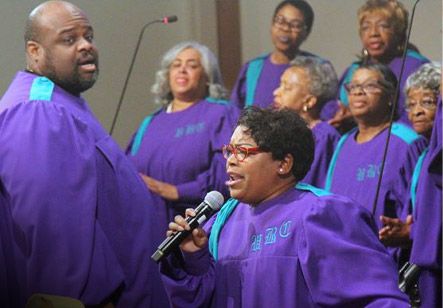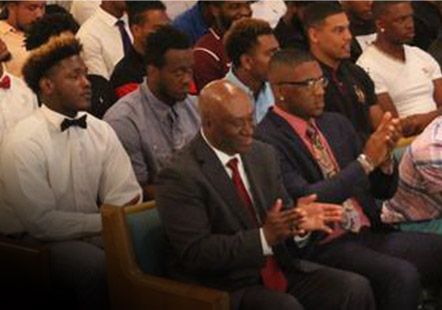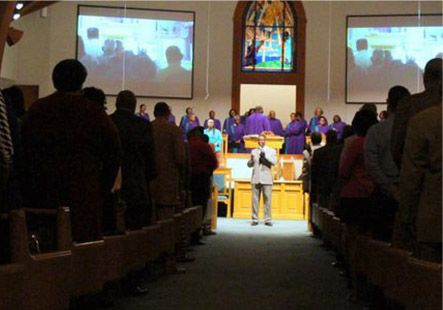Giving God a Faithful Yes
Luke 1:26-39
26 In the sixth month of Elizabeth’s pregnancy, God sent the angel Gabriel to Nazareth, a town in Galilee, 27 to a virgin pledged to be married to a man named Joseph, a descendant of David. The virgin’s name was Mary. 28 The angel went to her and said, “Greetings, you who are highly favored! The Lord is with you.”
29 Mary was greatly troubled at his words and wondered what kind of greeting this might be. 30 But the angel said to her, “Do not be afraid, Mary; you have found favor with God. 31 You will conceive and give birth to a son, and you are to call him Jesus. 32 He will be great and will be called the Son of the Most High. The Lord God will give him the throne of his father David, 33 and he will reign over Jacob’s descendants forever; his kingdom will never end.”
34 “How will this be,” Mary asked the angel, “since I am a virgin?”
35 The angel answered, “The Holy Spirit will come on you, and the power of the Most High will overshadow you. So the holy one to be born will be called the Son of God. 36 Even Elizabeth your relative is going to have a child in her old age, and she who was said to be unable to conceive is in her sixth month. 37 For no word from God will ever fail.”
38 “I am the Lord’s servant,” Mary answered. “May your word to me be fulfilled.” Then the angel left her.
39 At that time Mary got ready and hurried to a town in the hill country of Judea,
The church has historically called Mary’s assent in Luke 1:38—”let it be done”—Mary’s Fiat. This unassuming phrase, when properly understood, serves as the verb that punctuates and drives the entire nativity scene. Everything else in Luke chapter 1, in my opinion, flows and flowers from Mary’s fiat. Yet, our 21st-century eyes often miss the thrust of Mary’s faithful fiat to God. Mary’s acceptance of God’s will was not as simple as the four words in English that we find in our Bibles. Buried beneath the layers of Mary’s language lies both an unwavering partnership with God and the unresolved fear of following God’s purposes into the unknown.
Mary faced social and religious ostracization by becoming the God-Bearer because her betrothed status forbids sexual relationships. Mary’s pregnancy also brought shame to Joseph. The threat of birthing a poor Palestinian Jew living under Roman occupation might have given Mary anxiety. Even the possibility of death by being stoned might have floated in Mary’s mind as a real possibility. Mary teaches us that following the will of God is weighty. Likewise, Mary’s fiat reminds us that following God without knowing all the details is an act of faith that opens the door to God’s joyful surprises.
Mary pivots from her perilous reality to the redemptive possibilities that await on the other side of her, “yes.” As a result of Mary’s single word of approval, God released through her womb one single Word of hope to the hopeless, one single Word of deliverance to the downtrodden, and one single Word of reprieve to the rejected.
Mary’s “yes,” vaulted her into the dramatic play of God’s redemptive story and made her an acclaimed actress in God’s salvation history. Her obedience presented the opportunity for God to bring to fruition Israel’s long-awaited Messiah, the one who would scatter the proud, overturn kingdoms, lift the lowly, and fulfill the prophets’ promises with His stretched arm. Mary’s sacrificial “yes” begot the ultimate sacrifice, which sealed our salvation.
Mary’s simple “yes” is not an isolated incident of fortuitous faith. Instead, it is an unforgettable reminder to the Christian Church that we never know how our consent to God can make us pivotal characters in God’s redemptive play. In the text, the verb “Let it be done” means announcing or revealing God’s eternal plans on earth as they are in heaven. In other words, your willingness to submit to the will of God may be the key to someone’s deliverance. May we mirror with our lives Mary’s courageous collaboration with God.
Pondering Question:
During this Advent season, ask yourself, “what is God asking me to do that requires me to give a wholehearted and unreserved yes?”
Rev. Dave Young Jr.



